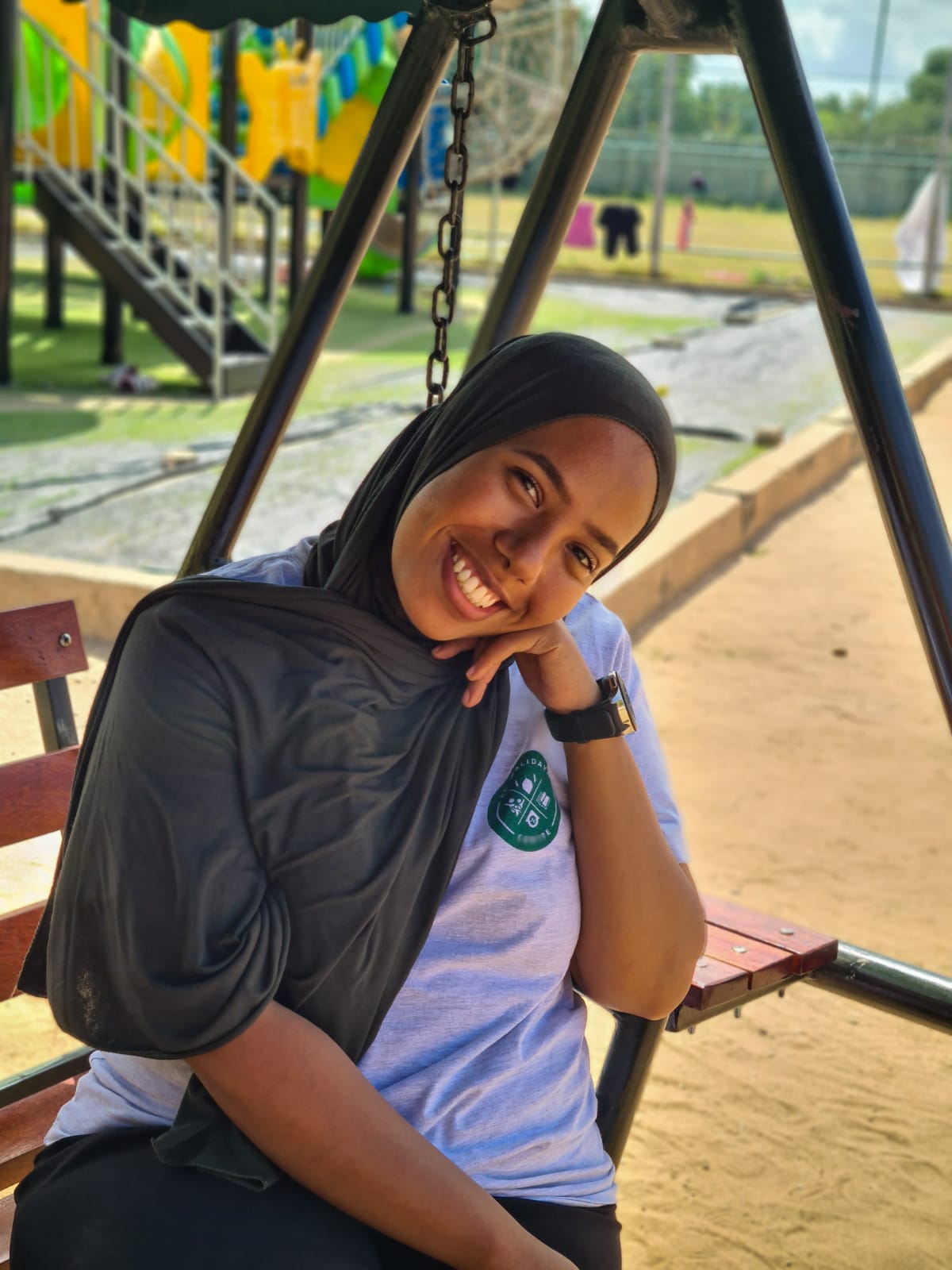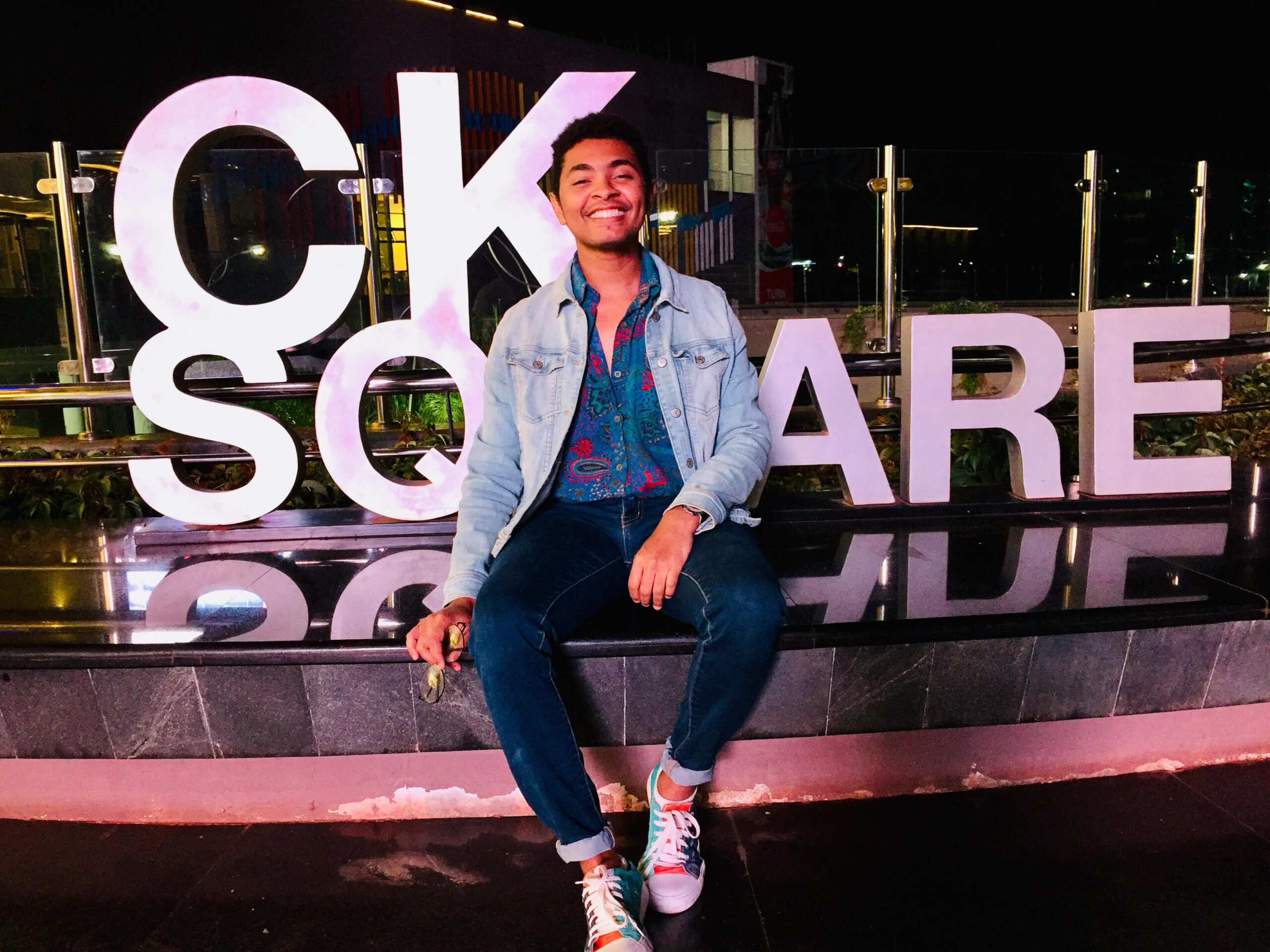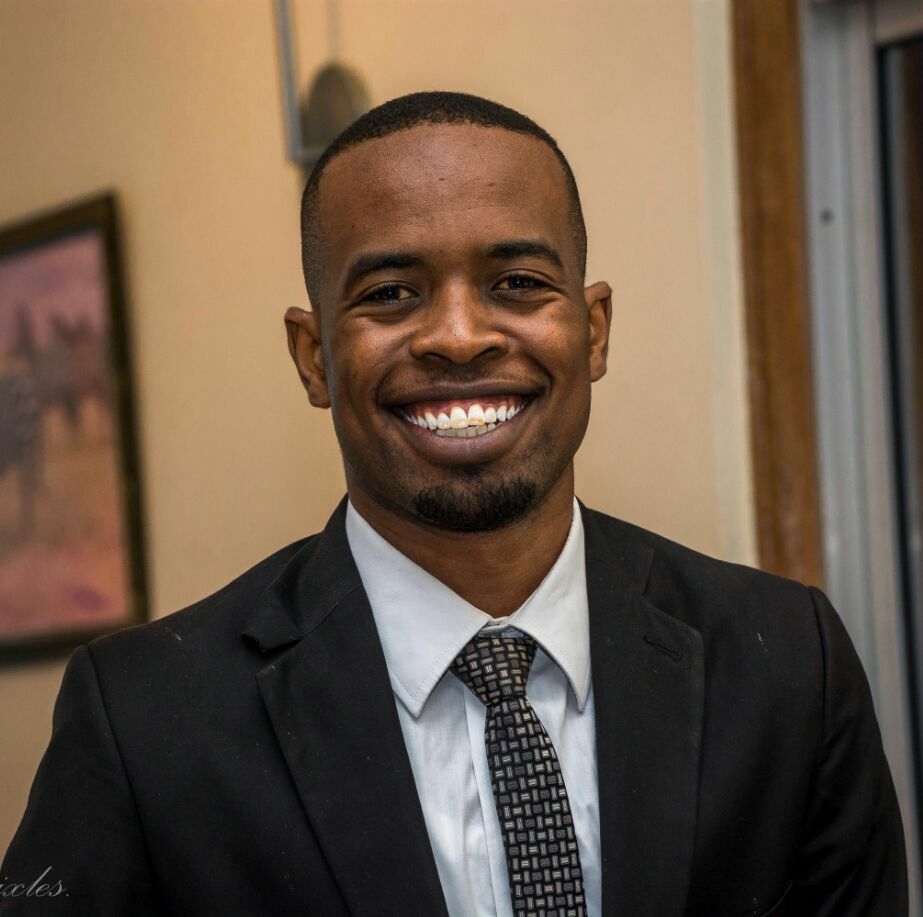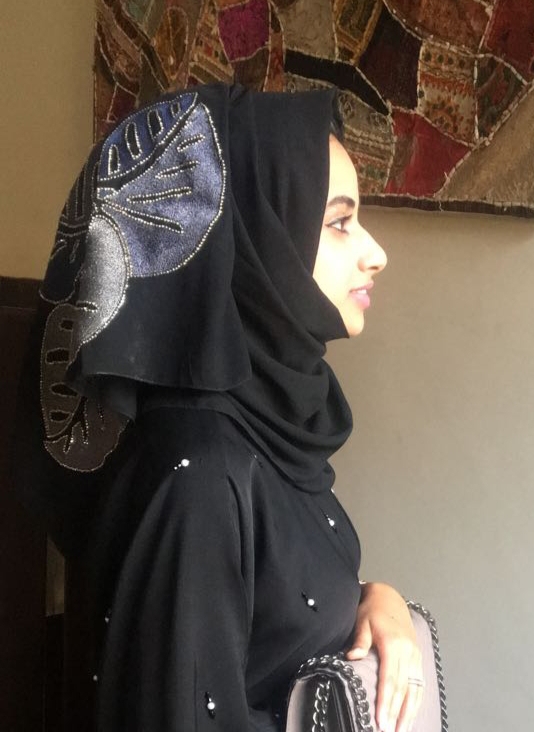Jina langu ni Mahmoud Noor
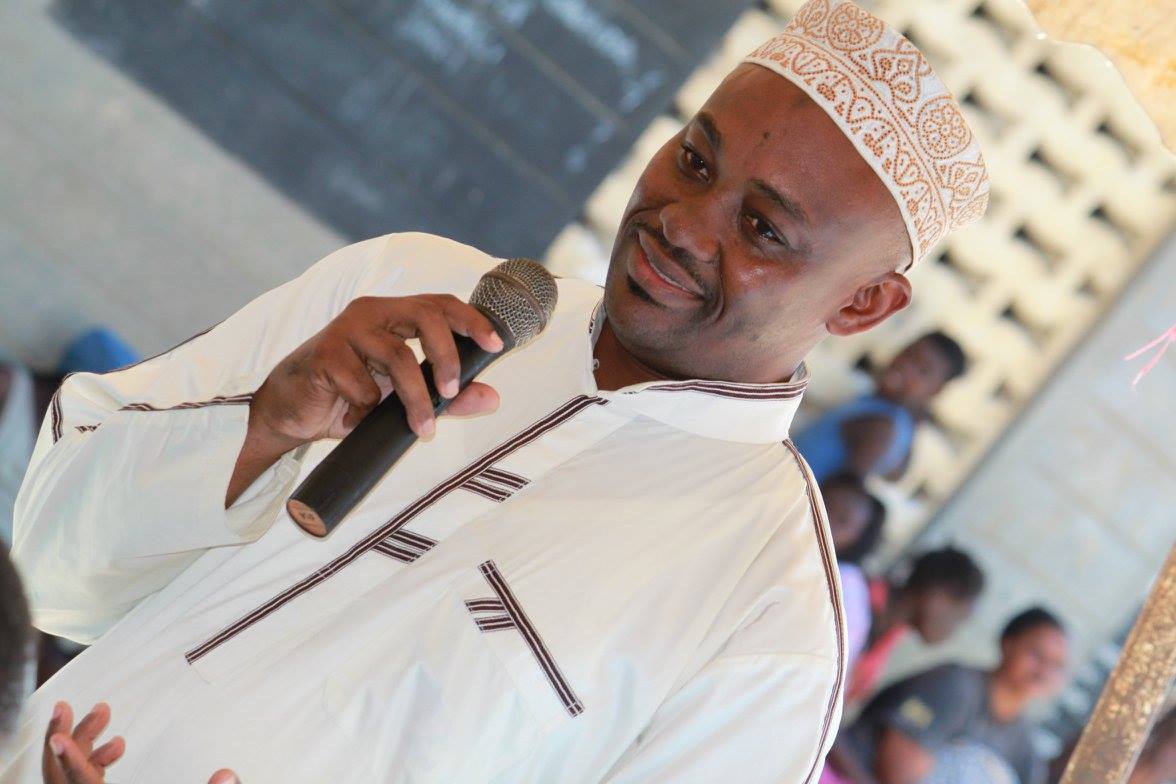
Your name and what do you do?
My name is Mahmoud Noor
My professional training is in Telecommunications although I do very little of that nowadays. I consult for Seacom and other multinationals with interests in Kenya. Most of my time is spent on community work guiding or working together with the members on their activities in Mombasa County, and once in a while Kwale County. I also drop and pick my daughter from school every day—this is something that is very important to me.
How effective is Mentorship?
Mentorships are as effective as the mentor and mentee make them: most young people do not realize that mentorship is a process that requires time and commitment. Usually, it depends on the person to identify a role model as a potential mentor. The mentor has specific skills that the mentor will transfer or share with the mentee. The process of determining how they will work together requires diligence and commitment from both parties– without this, then a mentorship program may be futile.
Do you have any mentorship programs for the youth?
I am crafting the program that should start in 2017, but this will include a number of mentors both in Kenya and abroad and should launch it in the first quarter the year. I will use technology so as to utilize skills of role models and professionals from all over the world. I have been holding one-on-one sessions with the youth both in ICT and leadership and am proud of most of them who are now serving in multinationals, local companies, government and leaders in community organizations.
Tell us about Swahilipot?
This is an initiative and dream I had when I headed CSR within Seacom. I received requests from IHUB, NAILAB, MLAB and 88mph incubation Hubs to support them with Internet connectivity back in 2013. When launching the connectivity at 88MPH in Ngong road Nairobi, I told the participants that it’s ironical that the cable lands in Mombasa, but everything happens in Nairobi! I promised them that I wouldn’t relent until we have a hub in the coastal city. Luckily enough when I approached the National Museums of Kenya management with a proposal to use one of their old building as a hub, they welcomed the idea and earmarked one of the buildings for that purpose. That’s when I contacted the Tech community in Mombasa through the ten Wananchi CTO now with Angani Riyyaz Bachani. We initially registered with the tech community, The Mombasa Community CBO, and later moved to M-Power CBO which operated swahilibox and brought in the initial restoration funds for the building. Eventually, we changed to SWAHILIPOT after incorporating other tech communities and also incorporated artists, who were mainly based at the Little theatre Club. SwahiliPOT symbolized all the techies and Artists coming into one place. At the same time. The Ministry of ICT through the CS Mr. Joe Mucheru and the PS Eng.Victor Kyalo brought in other partners like CISCO and the ICT authority to help in actualizing the dream of a hub that will create opportunities to innovators and Artists in Mombasa. Seacom, the broadband undersea fiber optic operator under global Service provider, donated internet connectivity to the Hub and the initial infrastructural support to enable the building to be occupied in mid-2016. It our hope that in 2017 we will have successful startups and innovations that will solve problems and give meaningful employment to our youths and innovators. We also have a couple of programs within the Arts department. I believe 2017 will be a Swahilipot year where efforts and time put in come to fruition. We also have a lot of interest from private companies and individuals who have expressed interest to be part of this journey to make a difference in our society through Arts and Tech.
What is your vision for the Tech and Art space?
Very simply, my hope is that members of our society will come to appreciate and respect their talent and skills. I strongly believe that talents properly nurtured and showcased via technology will be provide opportunities to thousands of our youths in the Coast. It is now time to showcase innovative solutions by coastal residents that have commercial viability. This will demonstrate that Silicon Savanna is not only in Nairobi but includes the coastal strip too. We also plan to engage with local players both in Government and private sector so that we can create applications that are relevant to our surrounding with particular emphasis on logistics and the hospitality industry.
Drug abuse is high in Mombasa, what can the residents of Mombasa do to curb this issue?
The drug barons can never be fought by non-state actors, as for the residents of Mombasa I can only urge them to concentrate on the young ones: we must concentrate on the foundation by being the right role models to our young ones. We cannot let the internet and TV mold our young ones. Parents must guide their kids with the ethics and morals that are upheld in our respective religious faiths (Islam, Christianity and others). Our religious faiths are not only about identity; they are also about shaping our characters as human beings. For those already affected by drug abuse, we need to invest in rehabilitation programs and provide opportunities for them to rebuild their lives.
Do you think there are no mentors in Mombasa, or the youth are afraid to seek mentorship?
We have thousands of potential mentors in Mombasa but they are mostly caught up in their own work. My hope is that over time, more of these actors will come to recognize the importance of investing in the future careers of our youth. Until the idea of mentorships becomes the norm, the mentees might be intimidated or unsure of how to identify and approach the appropriate mentors.
Art in Mombasa is still growing, many artist are still underpaid or not paid at all for their work. What can be done to create awareness of Artists?
To create awareness we need to organize more concerts targeted to all audiences and showcase content that both entertains and educates. We can also attract residents to theatres by improving the facilities that we have for artists, including both the Little Theatre Club and Swahilipot. Lastly, we must empower artists with skills that enable them their build profiles through branding and by connecting them to potential clients.
What are your future goals?
I have many goals! A) Set up a mentorship platform that can allow mentors and mentees to interact regardless of their geographical location. B) Make Swahilipot the place to be for Techies through innovations that solve problems and create meaningful employment. C) Make Swahilipot the home of entertainment through Arts and eventually have our own Swahilipot TV and Radio Channels. D) Continue impacting individual lives positively.
Parting shot.
We all have a role to improve society and impact lives in our own small way. Al-Tirmidhi Hadith 1527 Narrated by Mu’adh ibn Jabal
The Messenger of Allah (saws) said: Charity obliterates sins just as water extinguishes fire.

